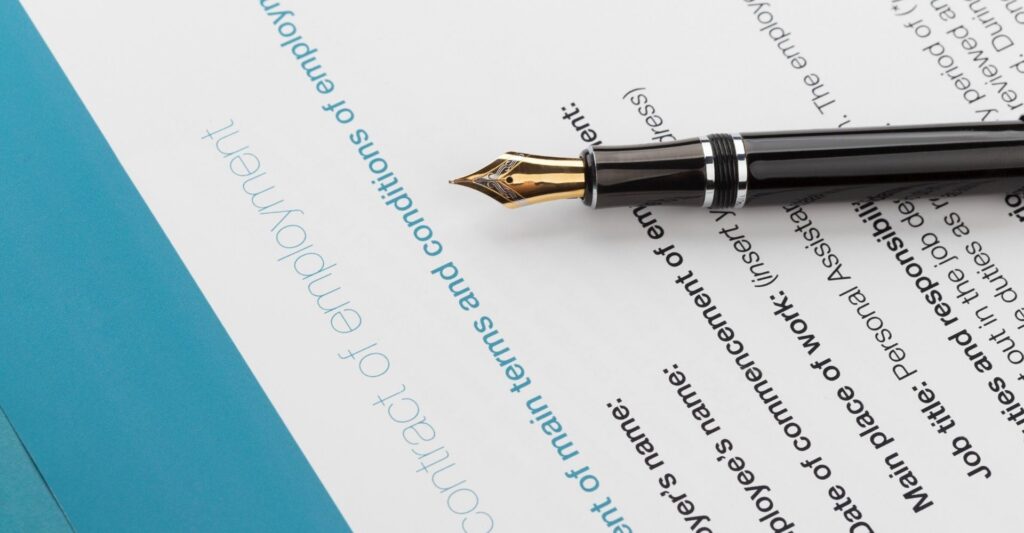Drinks after work: from legless to jobless

When getting legless can lead to being jobless: lessons learned from after-work drinks
By Thomas Parer and Lindsay Carroll, NRA Legal
Employers and employees are starting to realise that grabbing some casual drinks after work could leave them with bigger consequences than just a hangover. In the recent decision, the Full Bench of the Fair Work Commission upheld reinstatement of an employee who was dismissed for drinking to excess at an after work event and her ensuing conduct.
This decision illustrates the pitfalls of managing conduct at after work drinks both for workers and employers, and provides some clear guidance on what to do, and what not to do, if you find yourself in such a situation.
Trudi Puszka v Ryan Wilks Pty Ltd [2019] FWC 1132 (upheld on appeal here)
What went wrong?
The Applicant, Ms Puszka, was employed by a contractor to the Sydney Opera House and was based out of the Opera House in the performance of her duties for the contractor. One evening, she attended a social event to farewell a colleague. The farewell drinks occurred outside of work hours in the public areas of the Opera House bar, and attendees purchased their own drinks.
Unfortunately, as the night progressed, Ms Puszka consumed too much alcohol, vomited on the floor of the bar, and had to be assisted into a taxi to depart later in the night. This conduct was not in dispute and Ms Puszka acknowledged this and apologised.
However, there were further allegations that Ms Puszka made comments that were sexually charged, if not, sexually harassing, and denigrated other co-workers. These comments were strongly denied by Ms Puszka.
Ultimately, the employer made the decision to summarily dismiss Ms Puszka, arguing that all of the allegations raised were proven and justified summary dismissal. Ms Puszka lodged an unfair dismissal claim seeking reinstatement to the role she was dismissed from.
When will conduct ‘out of hours’ be a valid reason for dismissal?
The Commissioner at first instance noted that, increasingly, behaviour outside of work hours was becoming the subject of employer scrutiny.
The relevant approach to ‘out of hours’ conduct was outlined in Rose v Telstra Corporation Limited , and confirmed in Keenan v Leighton Boral Amey NSW Pty Ltd . These cases confirm that ‘out of hours’ conduct may be the subject of a valid dismissal only in the following circumstances:
a) the conduct must be such that, viewed objectively, it is likely to cause serious damage to the relationship between the employer and the employee;
b) the conduct damages the employer’s interests; or
c) the conduct is incompatible with the employee’s duty as an employee.
Essentially, in order for ‘out of hours’ conduct to be the subject of discipline, it must be of such gravity or seriousness as to indicate a rejection or repudiation of the employment contract.
The Commissioner in this case agreed that the employer had a reasonable basis to investigate misconduct in relation to Ms Puszka’s intoxication, despite being an after work function, on the basis of the potential negative impact her conduct could have had on the renewal of the employing company’s contract with its major client, the Sydney Opera House.
Summary dismissal was disproportionate to conduct
However, despite this position, the Commissioner found that the findings of the investigation did not support the decision to terminate the employee, let alone summarily, noting:
“Frankly, if one act of inoffensive drunkenness at an after work function provided a valid reason for dismissal, I suspect that the majority of Australian workers may have potentially lost their jobs.”
The Commissioner noted that summary dismissal, as a form of dismissal, should be treated with the appropriate gravity deserving of a decision that:
• records very serious wrongdoing;
• is implemented without notice or payment in lieu; and
• can prevent access to some accrued entitlements, like long service leave.
In respect of the allegations of sexually charged and harassing conduct by the Applicant, the Commissioner found that the employer did not undertake a full and proper investigation and that the conduct in dispute was not proven.
Leaving only, Ms Puszka’s act of vomiting, and needing to be assisted to a taxi, as grounds that could be relied upon for dismissal. The Commission found that this conduct did not constitute a willful attack on the employment relationship, and that it was not of adequate severity to justify dismissal with notice, let alone summary dismissal.
Additionally, the Commission found the employer’s failure to suspend Ms Puszka, in fact allowing her to carry out her duties as usual for over a week before dismissing her, prevented the employer from then opting to summarily dismiss her. This would appear to be because their continued working relationship indicated that their employment relationship could have continued.
Lessons for employers
Ultimately, the Commission decided in this case, that Ms Puszka had been unfairly dismissed, and that the appropriate remedy would be to reinstate Ms Puszka to her role. This decision was later upheld by the Full Bench of the Fair Work Commission on appeal.
The case confirms that conduct of employees at an ‘out of hours’ drinks event can be the subject of disciplinary action, particularly where the behaviour poses reputational damage or could impact the employer’s business relationships. However, mere drunkenness is unlikely to be supported as a valid reason for dismissal. The nature of the behaviour must carry some quality of being significantly offensive, strike at the employment relationship, or pose a serious risk to the employer’s reputation or business interests.
The case further confirms that summary dismissal should not be treated lightly as a potential disciplinary action, and that it should be a decision reserved for serious misconduct. Accordingly, a decision to summarily dismiss should only be made once the relevant conduct has clearly been proven, and a deficient investigation should not be relied upon to effect a summary dismissal.
Of particular note, is that the Commission viewed that where there had been no suspension of the employee, the option to summarily dismiss was not open to the employer. Therefore, if there is no suspension of an employee pending the results of an investigation, an employer should think twice before summarily dismissing an employee.
Overall, when deciding whether to investigate or discipline an employee for such conduct at an ‘out of hours’ work drinks, serious consideration should be made about whether such behaviour is serious enough to be the subject of action.
If you find yourself dealing with employee conduct outside of work, or carrying out an investigation, beware the risks involved and contact the NRA Legal workplace relations team on 1800 572 679 for advice.
Contact our team today






